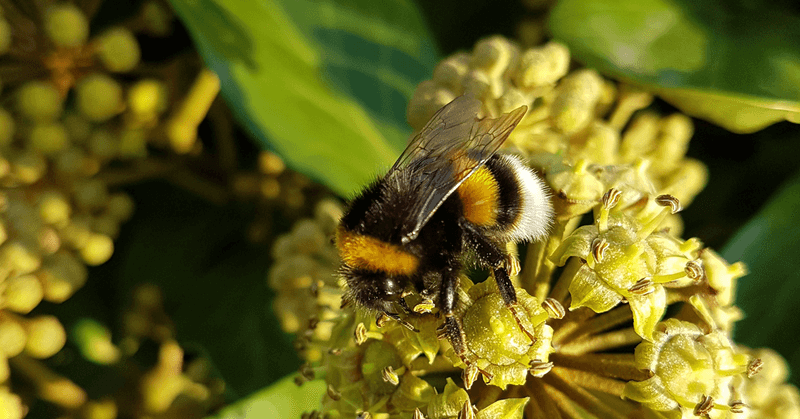Worldwide, more than 20,000 species of bee exist. Some live in colonies, like the well-known honeybees, some live solitary.
One of the most common types of solitary bee, is the mining bee. Its name already gives it away. There is no surprise that this bee is especially attracted to our sites. The mining bee likes to nest in sandy soils, near or under shrubs for protection against heat or frost. Another common Sibelco site visitor is the mason bee, which has the habit of using mud or other masonry products to build its nests.
Next to solitary bees, at some sites we also welcome the honeybees. We are actively looking for partnerships with local beekeepers to place their beehives on our sites. At one of our sites in Germany, the local team is working together with a beekeeper who is giving us ‘Sibelco’ honey in return!
How to protect bees at our quarries?
Unfortunately, bees are struggling nowadays. These small but important insects, known for pollinating flowers or trees and therefore a vital element of a sustainable ecosystem, are increasingly under threat from human activities. Helping bees is part of our culture and sustainability approach, in which we strive to protect biodiversity. These are some of the initiatives our Sustainability team takes in collaboration with local sites:
- Leave open spots for ground-nesting bees in non-active parts of quarries
- Leave dead wood or make/buy a bee hotel
- Foresee enough flowers close to the quarry to guide bees to a safer spot, in case we want to avoid nesting at active quarries
- Make indigenous plants, flowering trees or meadows of wildflowers available in the area
- Foresee flowers with different ranges of flowering times, since bee pollination activities differ between species

